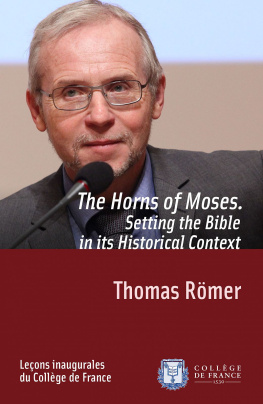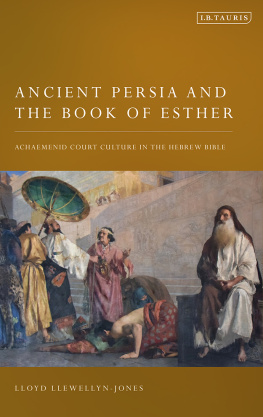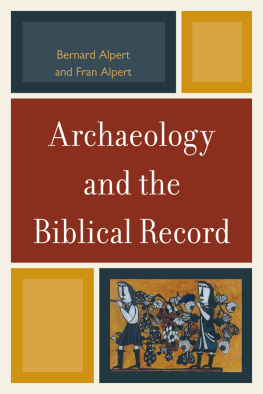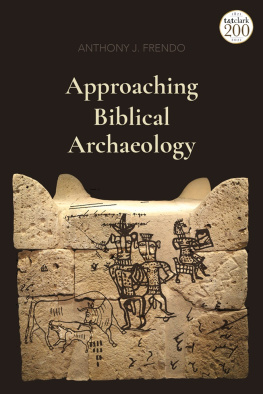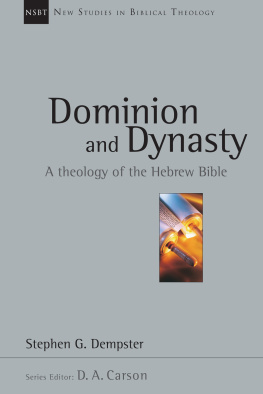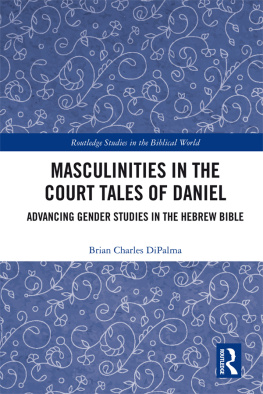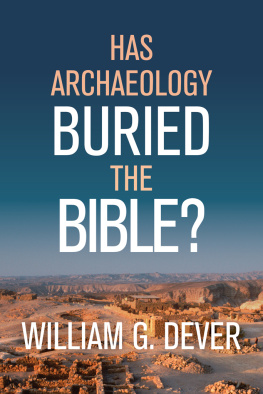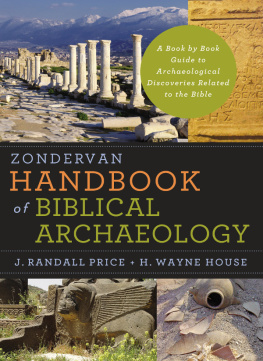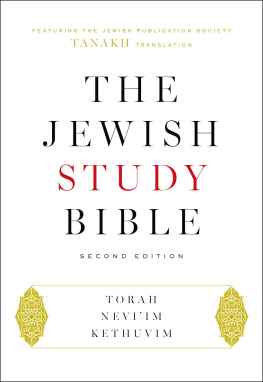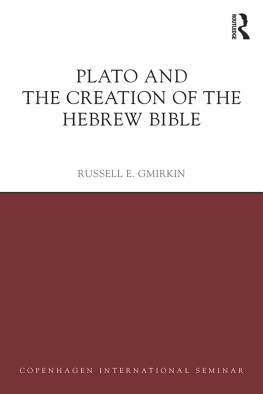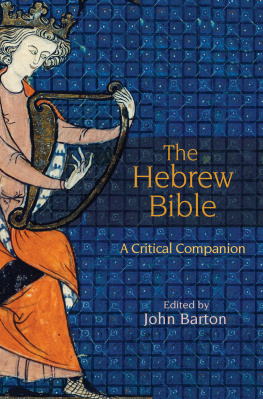Dear colleague,
Dear Thomas Rmer,
Hebrew and Greek were amongst the first disciplines taught at the Collge Royal from 1530, thus enabling scholars to understand and interpret the two languages in which the sacred texts were written. Since then, the teaching of archaeology, ancient languages and religions of the ancient Near East has been given pride of place in our institution. It is in this grand tradition that you are situated, but you offer a radically new perspective on the discipline by recognizing that the Bible is not only a core text of several religions, but that it also embodies an additional value as a unique source of knowledge. By choosing as the title of your Chair The Hebrew Bible and its Contexts, you put the Bible at the centre of your teaching something which, incidentally, is a first in the history of the Collge de France Chairs.
In Germany you received sound training in Hebrew and Ancient languages (Aramaic, Ugaritic, Syriac and languages of Ancient Mesopotamia), which has enabled you to master the biblical corpus and the related domains of literatures of comparison. Most of your academic career has been spent in French-speaking Switzerland. Early on, you were appointed Professor of Hebrew Bible Studies at the Faculty of Theology and Religious Sciences, University of Lausanne, and then Dean of that faculty from 1999 to 2003. Your work has been particularly fertile: nine books published under your name, along with numerous reports, papers and other texts.
Your research relies primarily on archaeological discoveries in Palestine, on the study of Assyrian texts that are contemporary to the writing of the Bible, and on the analogy between certain biblical accounts and similar episodes in Mesopotamian civilization.
Your work focuses on the formation of the Pentateuch, the historical, sociological and ideological situation of Judaism in the Persian era, as well as the study of the conditions and periods, which produced the first historiographical work of the Hebrew Bible. Your discoveries led you to shed new light on many passages in the Bible, which cannot fail to fascinate, and sometimes disturb, the readers of this book that is said to be the most widely read book in the world.
You have thus challenged the hypothesis that a Yahvist document from the beginning of the first millennium already contained the entire narrative framework of the Pentateuch. In fact, the oldest texts of the Pentateuch are believed to date back to the 8th century before our era, and the first book to have taken shape is believed to have been Deuteronomy. Your Habilitation thesis on the occurrence of the expression Fathers of Israel led you to investigate the two mythical traditions in order to explain the settlement of the Israelites in their country: one which claims peaceful cohabitation with the native people, this constituted the era of the Patriarchs; the other, a tradition of conquest, which emphasized, from the Book of Exodus to that of Joshua, a people at war against the native population, and which was inspired by Assyrian ideology.
Your first lectures at the Collge de France will be on the theme The construction of an ancestor: the formation of the cycle of Abraham. Who could not be interested in understanding why Abraham became the ancestor par excellence, in whom all three monotheistic religions meet?
Notes
T. Rmer, Israels Vter. Untersuchungen zur Vterthematik im Deuteronomium und in der deuteronomistischen Tradition, Freiburg (CH)/Gttingen, Universittsverlag/Vandenhoeck & Ruprecht, OBO 99, 1990. J.-D. Macchi & T. Rmer, Guide de la Bible hbraque. La critique textuelle dans la BibliaHebraica Stuttgartensia, Genve, Labor et Fides, 1994 (rdition 2006). T. Rmer, Dieu obscur. Le sexe, la cruaut et la violence dans lAncien Testament, Genve, Labor et Fides, Essais Bibliques 27, 1996 (2nd ed. 1998; 3rd ed. revised and expanded, 2009). T. Rmer, Le Peuple lu et les autres. LAncien Testament entre exclusion et ouverture, Poliez-le-Grand, ditions du Moulin, 1997. T. Rmer, Les Chemins de la sagesse. Proverbes, Job, Qohleth, Poliez-le-Grand, ditions du Moulin, 1999. T. Rmer, Mose lui que Yahv a connu face face, Paris, Gallimard, Dcouvertes 424, 2002. T. Rmer, Jrmie.Du prophte au livre, Poliez-le-Grand, ditions du Moulin, 2003. L. Bonjour & T. Rmer, L'Homosexualit dans le Proche-Orient ancien et la Bible, Genve, Labor et Fides, Essais bibliques 37, 2005. T. Rmer, The So-called Deuteronomistic History, 2005. T. Rmer, Psaumes interdits. Du silence la violence de Dieu, Poliez-le-Grand, ditions du Moulin, 2007.
T. Rmer, Israels Vter. Untersuchungen zur Vterthematik im Deuteronomium und in der deuteronomistischen Tradition, op. cit.

